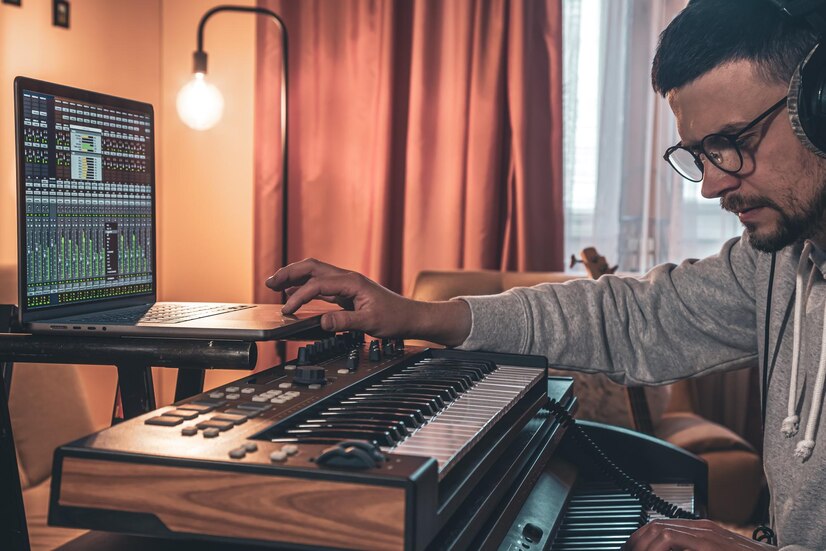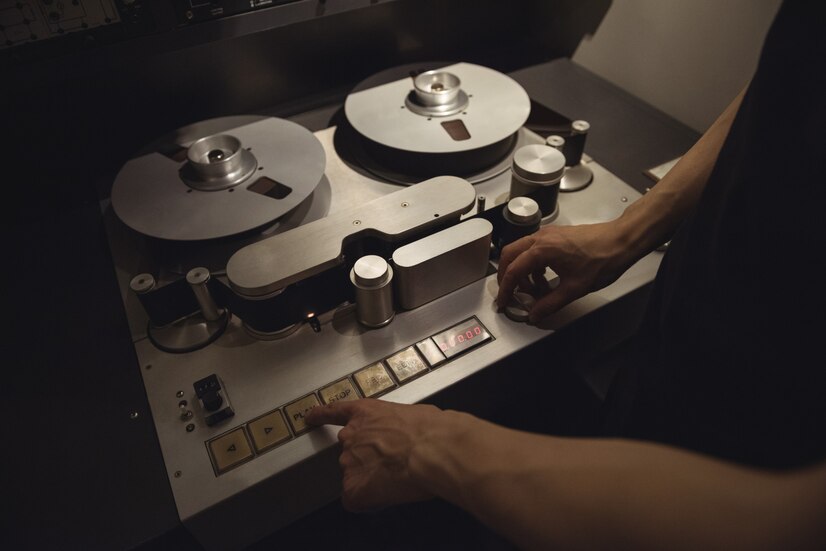Guide to Music Copyright: Protecting Your Artistic Creations
Guide to Music Copyright: As a musician, your music is not just a creative expression but also your intellectual property. Copyrighting your music is crucial to safeguarding your artistic creations and ensuring that you retain control over their usage and distribution.In this guide, we’ll walk you through the process of copyrighting your music and provide tips on how to avoid piracy.
What is copyright and why is it important?
You’ve probably heard the term “copyright” before. But what exactly does it mean? In simple terms, copyright is a form of legal protection for original works of authorship, including music compositions and sound recordings.
When you create an original piece of music, whether it’s a song or instrumental composition, you automatically own the copyright to that work. This means you have exclusive rights to control how your music is used and distributed.
But why is copyright important? For one thing, it allows you to earn money from your musical creations by granting permission for others to use them in exchange for payment. Without copyright protection, anyone could use your music without compensating you for your hard work and talent.
How to copyright your music
The first step in copyrighting your music is to determine the type of copyright protection you need. There are two main types: sound recording copyrights and composition copyrights.
Sound recording copyrights protect the specific recording of a song, while composition copyrights protect the underlying musical composition itself. It’s important to note that both types can be registered separately with the Copyright Office if needed.
Once you’ve determined which type of copyright(s) you need, it’s time to register them with the US Copyright Office. This process involves filling out an application form, paying a fee (which varies depending on what you’re registering), and submitting either a copy of the sound recording or sheet music for each song being registered.
It’s also worth noting that while registration isn’t required for legal protection, it does provide several benefits – including proof of ownership and easier enforcement in court should someone infringe upon your rights.

What rights does a copyright holder have?
As a copyright holder, you have exclusive rights to your musical creations. These rights include the right to reproduce the work, distribute copies of it, perform or display it publicly and create derivative works based on it.
- Reproduction means that no one else can make copies of your music without your permission.
- Distribution refers to selling or otherwise making available copies of your music to the public. You can choose who is allowed to sell and distribute your music and how much they are paid for doing so.
- Performance rights give you control over when and where your music is played in public. This means that if someone wants to use your song in a commercial, film or TV show, they need to obtain permission from you first.
- Derivative works refer to any new work created based on yours – this could be remixes or covers of songs. As a copyright holder, you have the power to decide whether others can create these types of works using yours.
Being a copyright holder gives you complete control over how your music is used by others. It’s important not only for protecting yourself but also ensuring that other people don’t profit off something that belongs solely to you!
How long does a copyright last?
The answer depends on various factors, including the type of work and when it was first published.
For works created after January 1, 1978, copyright protection lasts for the life of the author plus an additional 70 years. This means that if you wrote a song today and live for another 50 years, your copyright protection will continue until 120 years after its initial creation date.
However, if your music was created before January 1, 1978 but still in existence today, it is protected by different rules.
Music piracy and how to avoid it
Music piracy is a major issue in the music industry, with many people illegally downloading and sharing music without permission. This not only deprives artists of their rightful income, but it also makes it difficult for them to protect their artistic creations. To avoid music piracy, there are several things you can do.
Make sure that your music is properly copyrighted and registered, so that you have legal protection against anyone who tries to steal or use your work without permission.
Consider using digital rights management (DRM) technology to prevent unauthorized copying and distribution of your music online. DRM enables you to control how people access and use your content by adding encryption or other restrictions.
Important Links
- U.S. Copyright Office: The official website of the U.S. Copyright Office provides information about copyright registration, forms, fees, and legal resources. Visit: www.copyright.gov
- International Copyright Law: World Intellectual Property Organization (WIPO) provides information on copyright laws and regulations worldwide. Visit: www.wipo.int/copyright/en
- Music Publishers Association (MPA): An organization representing music publishers, offering resources and information on music copyright. Explore: www.mpa.org

